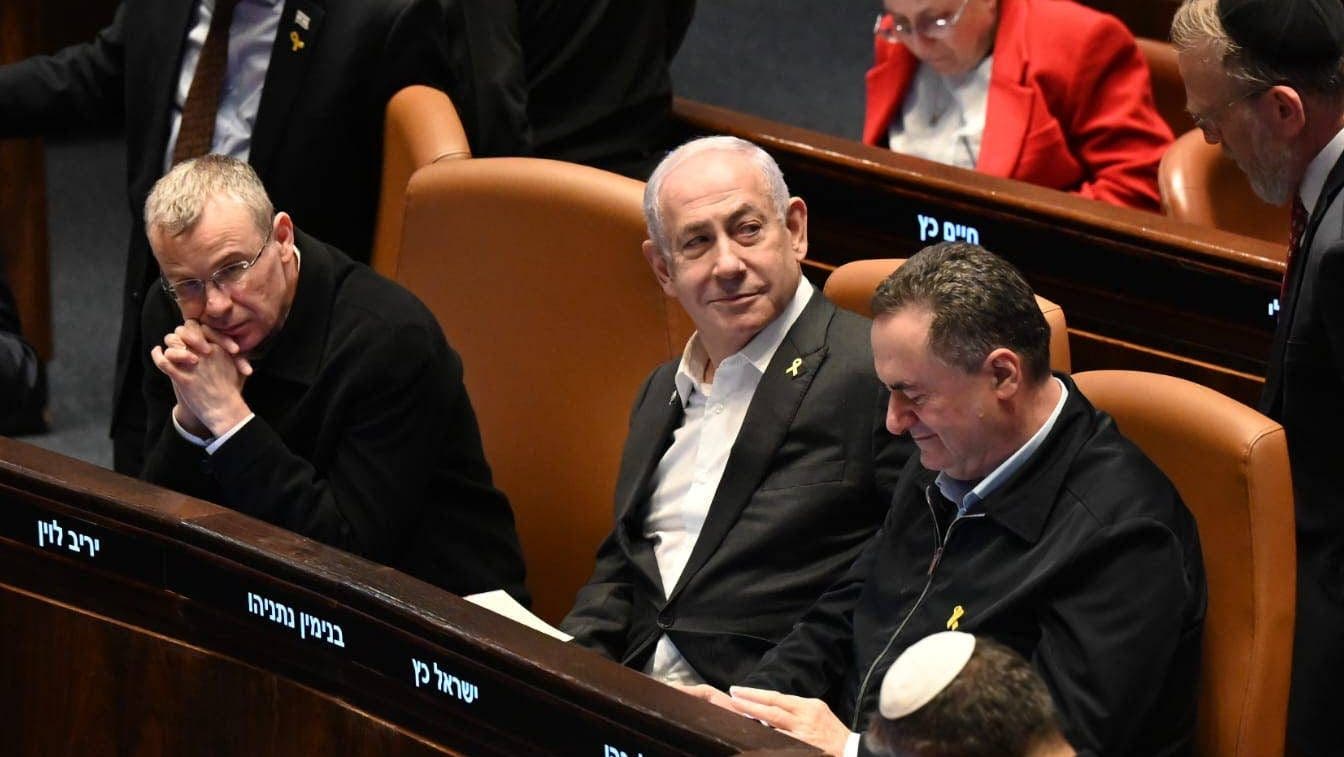Poland adopts resolution protecting Netanyahu from arrest if he attends Auschwitz liberation commemoration

The United Nations’ International Criminal Court has caused quite a stir by issuing an arrest warrant for Israeli Prime Minister Benjamin Netanyahu and others in connection with the war in Gaza, accusing them of crimes against humanity. This move has put member countries of the ICC, like Poland, in a difficult position as they are required to detain suspects facing a warrant if they set foot on their soil, even though the court has no way to enforce this.
In light of these developments, the Polish government has taken a proactive stance by passing a resolution to ensure the free and safe participation of Israeli representatives, including Prime Minister Benjamin Netanyahu, in the upcoming commemorations for the 80th anniversary of the liberation of Auschwitz-Birkenau on Jan. 27. This decision comes after Polish President Andrzej Duda requested Prime Minister Donald Tusk to guarantee Netanyahu’s attendance without the risk of being arrested.
The significance of this resolution lies in the historical context of the event, as it pays tribute to the millions of Jewish victims of the Holocaust perpetrated by the Third Reich on Polish soil during World War II. The German occupation of Poland led to the establishment of ghettos and death camps where millions of Jews and others were systematically exterminated.
Despite the ICC’s warrant against Netanyahu and the potential legal implications, Poland has reaffirmed its commitment to honoring the memory of the Holocaust victims by ensuring a safe environment for international dignitaries, survivors, and attendees at the commemoration. The event is set to take place in Oswiecim, the town where Auschwitz-Birkenau was located and where over 1.1 million people were brutally murdered, predominantly Jews but also including Poles, Roma, Soviet prisoners of war, and other marginalized groups.
The controversy surrounding Netanyahu’s potential attendance at the event has sparked debates about the reach and authority of the ICC, as well as the diplomatic implications for member states. While some countries have expressed reluctance to enforce the arrest warrant, others, like Hungary, have openly defied it by inviting Netanyahu to their territory.
As the situation continues to unfold, it remains to be seen whether Netanyahu will indeed attend the commemorations in Poland and how the international community will navigate the delicate balance between justice, diplomacy, and historical remembrance. The resolution passed by the Polish government serves as a testament to the enduring legacy of the Holocaust and the importance of preserving the memory of its victims for future generations.




